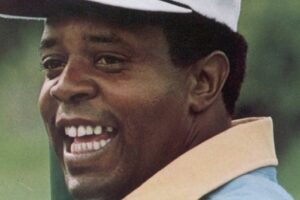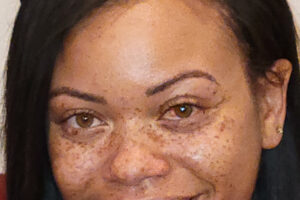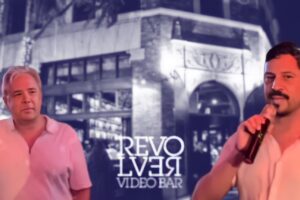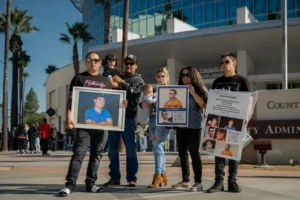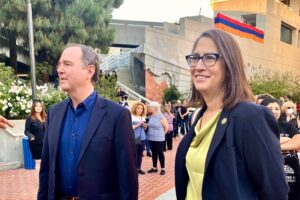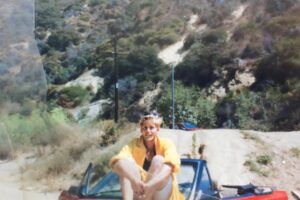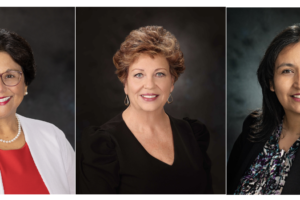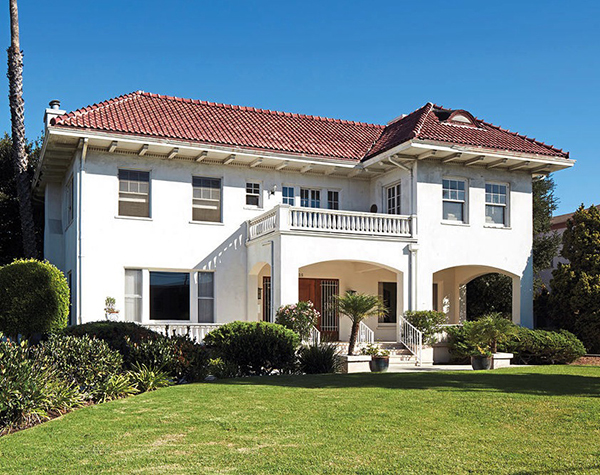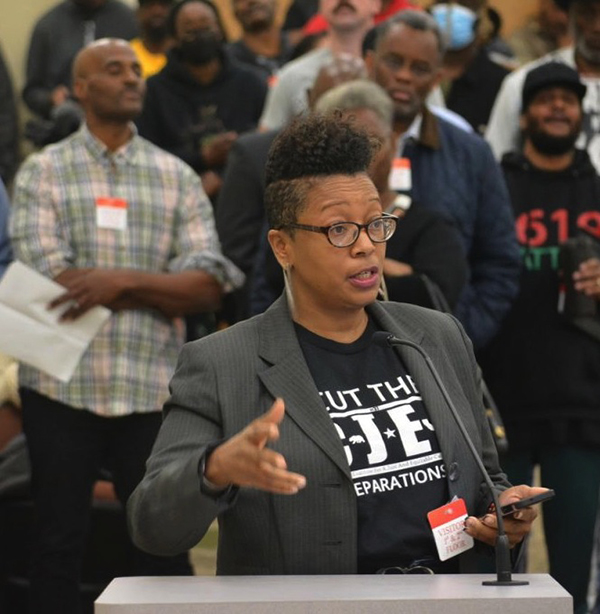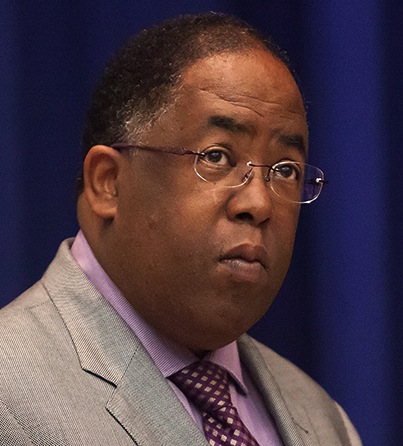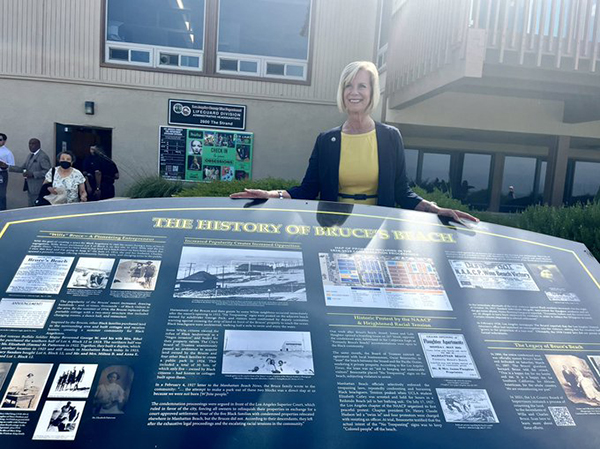By Darlene Donloe
Contributing Writer
WEST ADAMS — Gayle Beavers remembers vividly spending time in the Wilfandel Club with her grandmother Della Williams (wife of renowned architect Paul Williams) and Fannie Williams (no relation), who, together, co-founded the legendary venue in the West Adams District, at the time one of Los Angeles’ wealthiest neighborhoods.
The ladies established the Wilfandel Club in 1945, out of a need for Negro women to have a meeting place of their own. It was incorporated in 1947 and in August 1948, the iconic venue was purchased for $28,000.
Determined to have their own space, Della and Fannie reached out to like-minded Negro women to join forces and raise enough capital to purchase and renovate their very own clubhouse. With the help and support of 50 women, they were able to purchase the Wilfandel Club, which quickly became the primary venue for weddings, forums, showers, Quinceaneras, art exhibits, film screenings, teas, dinners, community and business meetings, and more.
It was known for its lavish parties and receptions. It was high society for Negroes and the centerpiece of the social scene in Los Angeles during a time when Negroes were not welcomed in large hotels and other public and private facilities.
The Wilfandel Club, which got its name by combining the first names of the founders with their last name, was organized with a credo of promoting civic betterment, philanthropic endeavors and general culture. The women of the club raise funds for charities and scholarships.
Beavers, a married mother of two, calls her grandmother, Della, and Fannie, “visionaries.” Both were known for being activists and community leaders.
Today, the Wilfandel, with its rich legacy and history, is part of the National Register of Historic Places and is, therefore, considered a historic house.
This year, The Wilfandel Club is celebrating its 75th anniversary.
Contributing writer Darlene Donloe recently caught up with Gayle Beavers, a third-generation Angeleno, to talk about the nearly complete renovations and the future of the Wilfandel Club.
DD: Briefly tell me about your grandmother, Della.
GB: She was a dynamic individual. She had a grand spirit, an inviting spirit, and was always a helping hand to a lot of different people. I think that’s what formed the foundation for her to come to the conclusion that we needed a Wilfandel in the community.
DD: Where did your grandmother get the idea for Wilfandel?
GB: My grandmother would travel the world with my grandfather. She saw how people were living in Europe with their plaza set ups that had businesses, restaurants, museums and an artisan museum. She saw people mixing it up in one spot. She wanted to come home and replicate that for the people in this community. Her thought was that Black folks should have access to all things grand. She would say, “Life can be great if you make it. If you can visualize it, you can realize it and everyone can benefit from that.”
DD: What was required to be a member back then?
GB: You have to be invited to become a member. That means members think of someone they would like to introduce to the organization. They invite them to our functions so other members can get to know them. Then we vote.
DD: Who are some of the Black elite that came through the house?
GB: The Wilfandel House has hosted Martin Luther King Jr., Paul Robeson, and W.E.B. Dubois. All of them went through there. There were others. Zubin Mehta did the music for a fashion show. Rockefeller did a forum. It became a cultural spot. We’ve worked with everybody over the years.
DD: What has Wilfandel been up to recently?
GB: In the last five years we have been tweaking our programming and reforming what we do and growing the brand. In the spirit of supporting community youth, each year we usually give out four $2,000 Fannie Williams scholarships to students who are pursuing or attending college. It can be for anything— to help high school students defray the cost of college.
DD: Did you get to do it this year?
GB: No. COVID interfered this year. The kids weren’t able to get their transcripts and folks weren’t writing recommendations. It fell by the wayside. We hope to do it later this year.
DD: The Adams District has changed since your grandmother’s days.
GB: I noticed that the neighborhood started changing about 20-30 years ago. At one point at its inception, Wilfandel was the only game in town. By necessity, it became the mecca. As laws changed and freedoms increased and we were allowed to go to other places, we did. I think that’s when the necessity of Wilfandel changed. A wonderful thing is you are welcome there and you feel safe there. Some people have primal memories of the Wilfandel.
DD: Is there anything The Wilfandel won’t host?
GB: Political events. We have to stay on the sidelines. We are getting ready to put up signs to encourage people to get out to vote, but we can’t speak on behalf of the candidates.
DD: This is a new day, how are you planning to stay relevant?
GB: We’re going to use a lot of social media. We are doing a transformation. We have been gifted with a $75,000 grant from the Preservation Trust Organization to use for reconditioning the house. We’re upgrading the electricity and the plumbing. It’s a historic building. We have been involved in renovations for nine months.
DD: Fundraising during COVID can’t be easy.
GB: No, fundraising is not easy. The best that can be said is to try to make it fun and make it something people are interested in. These are dire times for people. The challenge is to find people who can write a check.
DD: In our current atmosphere, when do you anticipate an event can be held at the Wilfandel House?
GB: Good question. Don’t have an answer right now. The country is closed down. We don’t want to invite anyone here and then that someone gets sick. We are not rushing. We are using common sense. Just because you can open doesn’t mean you should. We are taking it slow and being conservative.
DD: Seventy-five years in an amazing milestone. What are your celebratory plans?
GB: Our 75th happens in November of this year. Everyone is really concerned about it. We were going to have a fabulous tea party and a star-studded list of attendees and the COVID hit and we couldn’t do it. When things clear up, we will do it in a big way. Right now we’re putting a CD together with 75 years of music you would have enjoyed at the Wilfandel Club. Music is a wonderful way to bring back memories. Hold the date for next year.
DD: What is in place to carry on the tradition for generations to come?
GB: We’re doing that now. We’ve been bringing in new members. Each one, teach one. We are always in the process of replicating the network and bringing it into the future.

